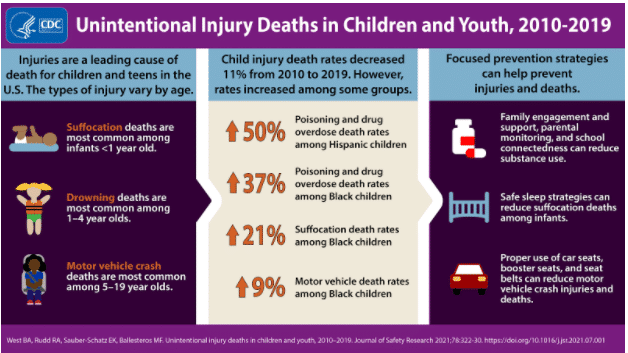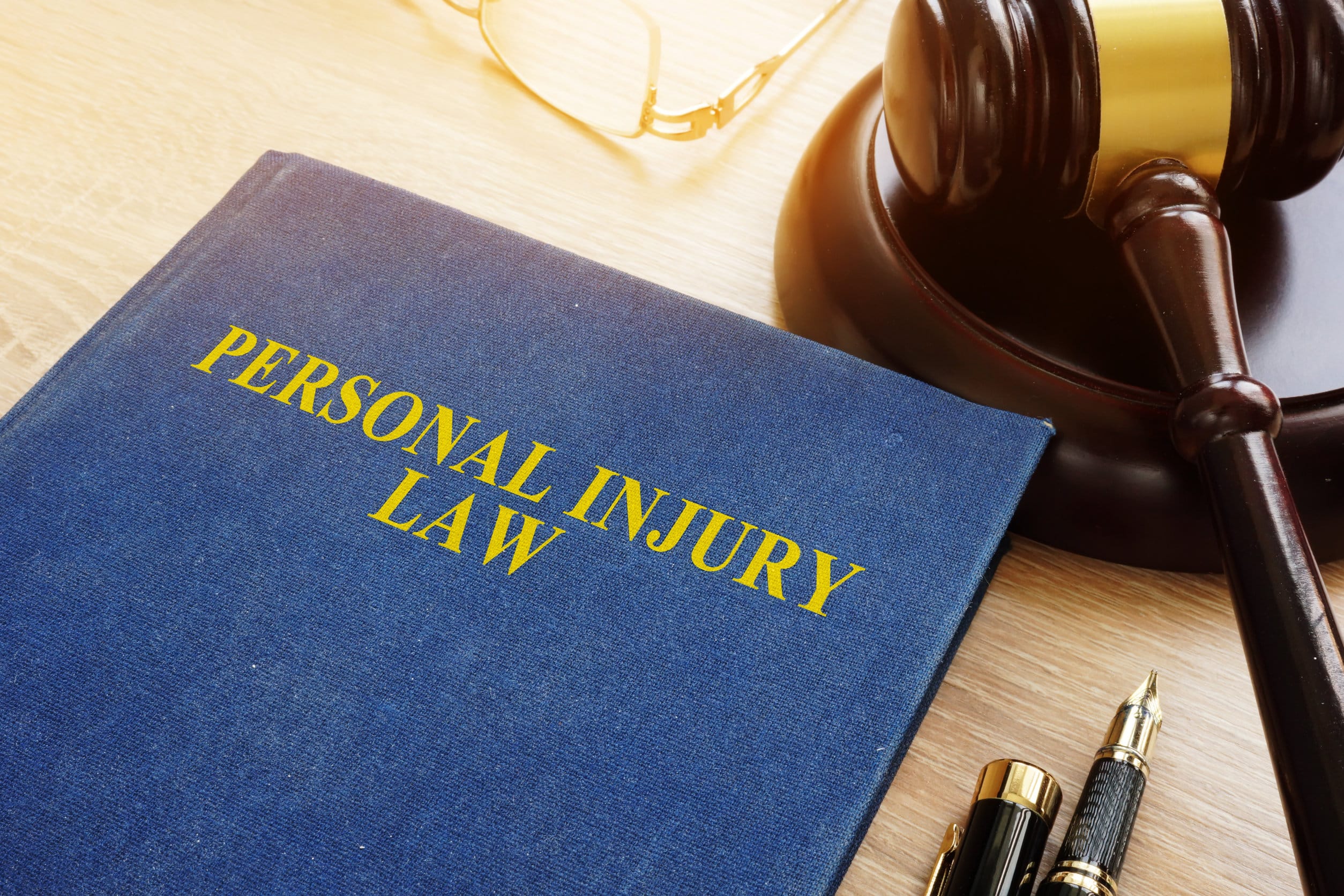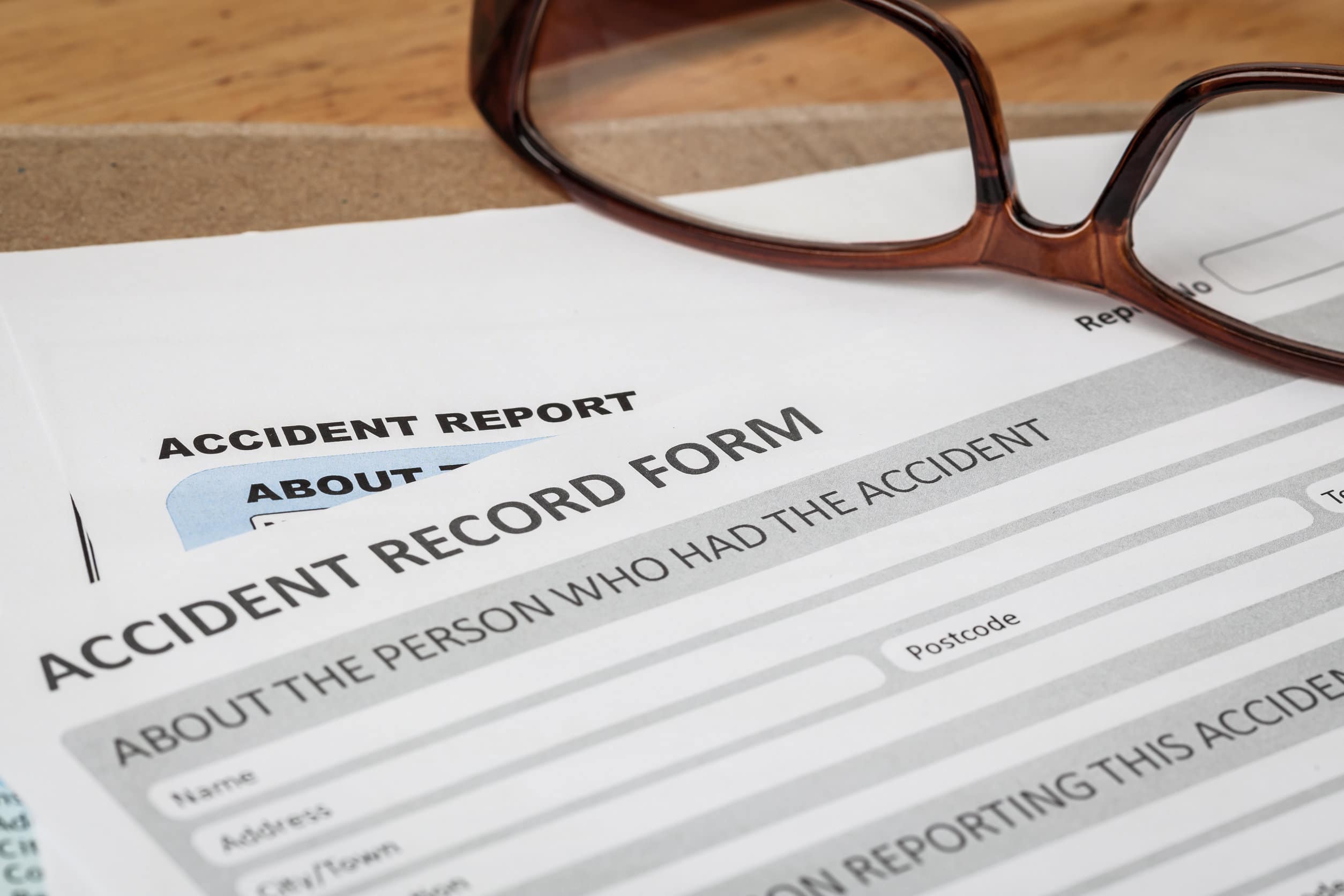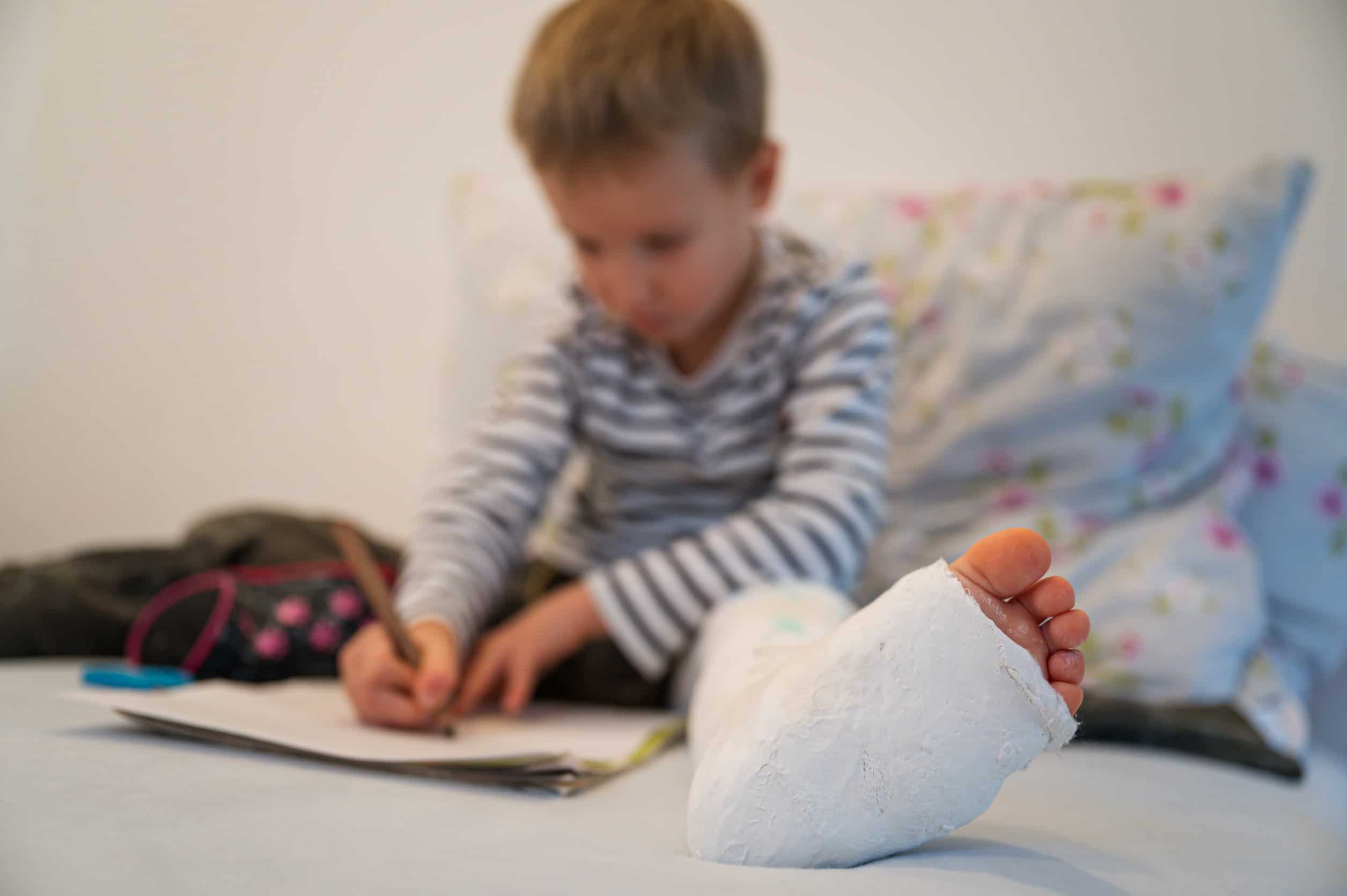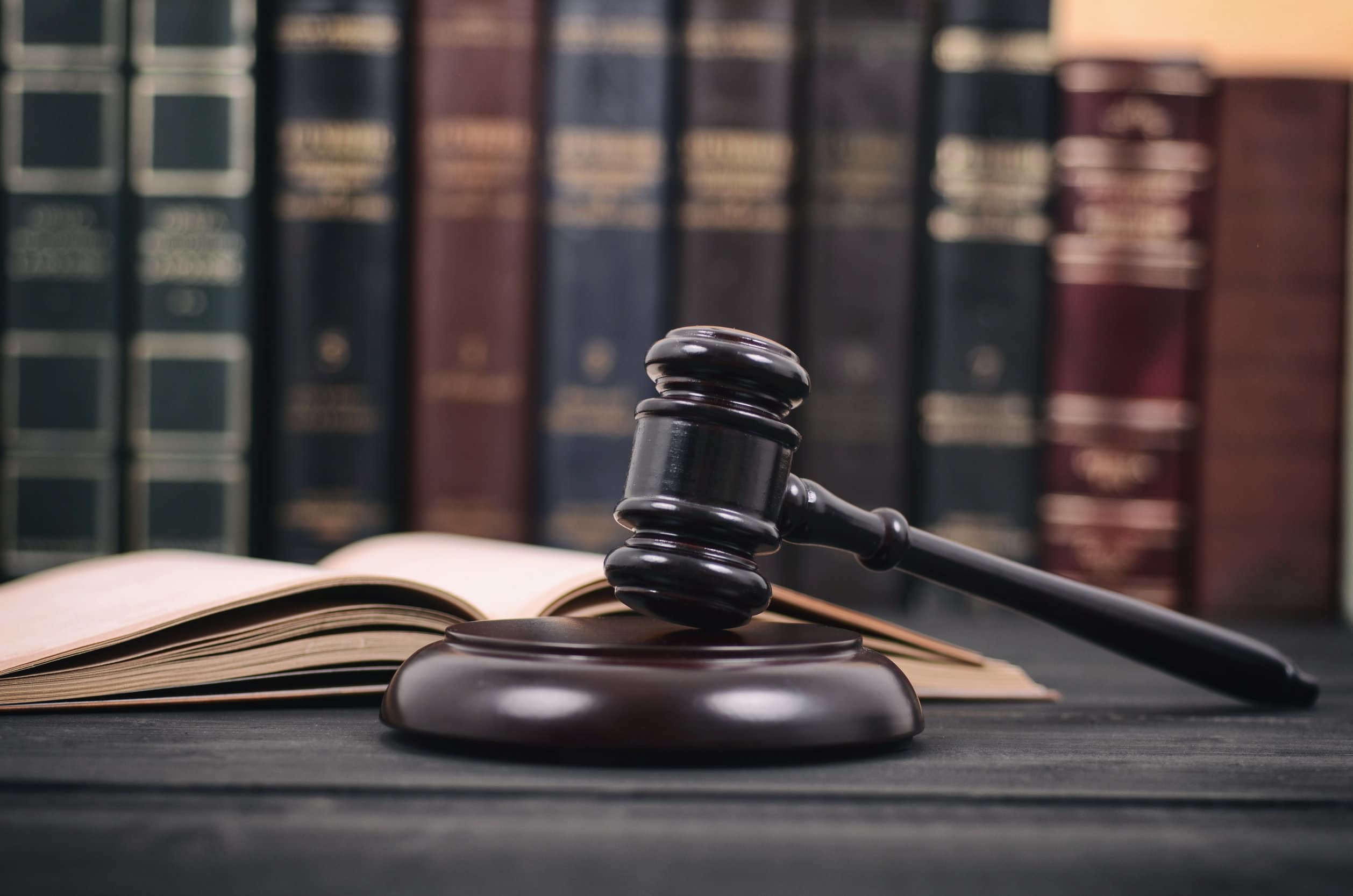Child Injuries in FL: A Guide to Getting Justice
Your number one priority is to keep your child safe and protected as a parent. Unfortunately, that’s not always possible – even if you take precautions. It’s simply a fact that millions of children take trips to the emergency room each year for injuries.
However, if you think your child was injured due to the unlawful or negligent actions of another person, then you may have grounds to file a personal injury claim against them. Here’s what you need to know about the most common injuries children sustain – and what legal options are open if your child sustained their injuries due to the negligence of another party in Florida.
Most Common Injuries to Children in Florida
Most children get simple injuries, like scrapes and bruises, but sometimes
injuries that are quite serious can be sustained by a child leading to long-term consequences or even death. Some of the most common injuries to children in Florida include:
Falls
Falling is one of the most common ways a child gets injured. It happens to be the leader when it comes to causes of nonfatal injuries. Most of the time, falls aren’t serious, but sometimes they can result in very serious conditions, such as traumatic brain injury.
Defective or Dangerous Products
Parents want to believe that the products they choose are safe for kids. However, the truth is that some children’s products have been known to be defective or dangerous. Certain defects may lead to injury or even death.
Drowning
Florida has many bodies of water – including pools. Combine this with nice weather most of the year, and it’s easy to see how drowning accidents happen. Children can die in drowning accidents, but they may also sustain nonfatal drowning injuries that can make for very expensive medical care and ongoing treatment.
Struck by an Object
This type of injury is usually nonfatal. However, if a child is struck in the head with an object, it can cause serious injuries to the brain that could even result in death. Heavy objects that strike children can also cause injuries that lead to internal bleeding.
Motor Vehicle Accidents
Accidents involving motor vehicles are one of the leading causes of death for children in the United States. Many of these types of deaths are preventable by wearing seatbelts. Unfortunately, sometimes the circumstances are out of the parent driver’s control, and car accidents are caused by other drivers for a variety of reasons.
Suffocation
Children less than one year are most impacted by suffocation. This often occurs due to objects they place in their mouths – which then get lodged in the airway.
Animal Bites
Most children are naturally attracted to animals, which is how they get injured in biting incidents. Some of the injuries sustained from animal bites can be quite serious for children.
What Counts as a Personal Injury in Florida?
When a person suffers some type of physical injury, that is considered a personal injury. In order for it to be a personal injury, it must be an injury to a person’s physical body and not property. Personal injuries can occur to property, but those cases must also include some element of physical harm to be considered a personal injury.
Personal injury lawsuits in Florida are cases in the courts that are meant to hold someone responsible for the personal injuries that another person – like your child – has sustained. Under the law in Florida, the person who is injured or their guardian can demand that the party responsible for the injuries pay for the losses associated with the injury. Successful personal injury lawsuits will require the party at fault to pay damages for injuries.
What Damages Can Be Recovered for a Child?
There are many ways that damages can be paid to cover injuries sustained by a child. This can include:
- Medical bills
- Hospital bills
- Surgery bills
- Future medical expenses
- Rehabilitation expenses
- Pain and suffering
Sometimes, punitive damages can be ordered for the responsible party to pay, often when the judge feels it’s appropriate to deter the same incident from happening again.
Also, parents can recover damages for something called “filial consortium.” This occurs when a child’s injury is permanent and significant. It can include loss of earnings due to the need for the parent to care for the child, as well as loss of companionship and comfort.
Negligence Laws in Florida
Florida has negligence laws that allow someone to recover damages when they suffer from a personal injury that is deemed to be the result of negligence by another party. “Negligence” is defined as acting in a way that doesn’t align with how a reasonable person would have acted in similar circumstances.
In order to be successful in a negligence case, you must be able to show to the court that the party responsible for the injuries had a duty of care to you, and that the duty was breached. The breach then resulted in the injuries sustained. If that can be proven, then you can collect damages.
What About Comparative Negligence?
Comparative negligence as a concept asserts that a person may be partially responsible for the injuries they receive. The amount of decided negligence for which the injured person is responsible can impact the damages they recover from a personal injury lawsuit.
For example, if the court determines you are 10 percent responsible for your injuries, and you are awarded $100,000, you can only recover $90,000. 10 percent is deducted from the total to cover your comparative negligence.
When it comes to children, comparative negligence laws are a little different. In Florida courts, a child under the age of six cannot be comparatively negligent. However, a child over the age of six can be held partially responsible for the accident that leads to their injuries.
Bringing a Personal Injury Lawsuit on Behalf of a Child
In order to bring a personal injury lawsuit on behalf of a child, the guardian or parent of the child must file the claim according to Florida law. It’s important to recognize that, in the state, you only have four years from the date of the injury to bring a lawsuit, though there are some exceptions to that.
Some injuries may not surface right away – or at least the extent of them may not be known. In this case, an argument could be made to extend the statute of limitations by as much as two years. However, in general, you will only have four years to bring a personal injury lawsuit to address the injuries sustained.
Is There a Punitive Damage Cap in Florida?
Punitive damages are not often awarded in Florida courts for personal injury cases. This is due to the fact that these type of damages usually applies to defendants whose acts were grossly negligent, intentional, or malicious.
When punitive damages are awarded, they are in addition to both economic and non-economic compensatory damages. This is to help deter the defendant from doing the same thing in the future. Florida’s punitive damages cap is set to $500,000 or three times the amount of compensatory damages, whichever amount is greater.
You can use punitive damages to pay medical bills or other expenses related to your child’s injury.
What About Pain and Suffering?
Many people are interested to know how pain and suffering are calculated. After all, it’s to assign a value to many of the damages awarded, since they involve expenses like hospital bills. However, pain and suffering are different. It turns out that many factors play into calculating pain and suffering in Florida injury cases.
When attempting to assign a value to pain and suffering, the most common factors examined include:
- Type of injury and severity – Compensation is usually much higher for a more severe injury. That’s because severity correlates directly with higher medical costs. But it’s also important to remember that not all injuries are physical. Mental issues, such as post-traumatic stress disorder, may also qualify for compensation.
- Medical treatment required – As mentioned, injuries that require more medical treatment are often more serious. The higher your bills for medical treatment, the more it supports a favorable judgment for pain and suffering.
- Recovery – A recovery period can sometimes be long. This can lead to pain and mental anguish, both of which can be compensated through pain and suffering damages.
- Impact on your life – If you have lost enjoyment for certain activities or are no longer able to do things you did before the injuries, this can also lead to higher pain and suffering.
To prove pain and suffering in court, you may need:
- Statements from the doctor treating your family
- A statement from a mental health professional
- A deposition from your child explaining how their injuries have impacted their life
Can You Sue the Government for Negligence?
Sometimes, the entity that needs to be sued in an accident is a government office or agency. It is possible in Florida to sue a government entity for negligence since the state has waived its immunity from liability in certain circumstances.
However, the process of suing the state government is different than taking legal action against a person or private entity. Some of the differences include:
- An investigation – You cannot sue the state until a 6-month investigation has been completed. The investigation is triggered by the filing of a claim against the agency in the government you feel is responsible.
- Statute of limitations – In these cases, the statute of limitations is three years to file the claim, not the four that exist in other personal injury lawsuits.
- The claim must be in writing – When you file a claim against the government, it must follow a certain format. Your attorney can help you with this claim.
- Claim denial – If your claim is denied by the state, then you can file a personal injury lawsuit, which also has a three-year statute of limitations. However, in cases of wrongful death, the statute of limitations is two years.
- The cap – There is a cap for damages in this case, which is $200,000. If your claim is against multiple government agencies, then the cap is $300,000.
What To Do If Your Child Is Injured
If your child is injured in an accident, make sure to get them medical help right away. Even if you don’t think there are serious injuries, you never know what may happen down the line. You’ll want to cover all the bases by creating a medical record for the incident – and to ensure that your child isn’t in medical danger.
Make sure to keep records for every expense, medical treatment, and financial loss related to the accident. Appropriate documentation of these things is vital in personal injury claims whether they involve your child or not.
You may also want to keep a journal detailing anything involved in your child’s recovery:
- The anxiety they may suffer in the wake of the accident
- Nightmares
- Ongoing pain
- Missed activities
- Distress
- Anything else that you suspect has been caused by the injury
Basically, t’s good to record something if it seems like it might be even remotely relevant to your case.
Never allow your child to discuss their injury with an insurance claims adjustor or anyone else without your attorney present. Kids can often say things that are not entirely accurate, and that can lead to problems down the road for the personal injury claim. As their parent, you should also avoid getting involved with insurance companies or the at-fault party without your lawyer present.
Also, never admit if you suspect that your child may be partially at fault for the accident that led to their injuries. This is something you can disclose to your attorney, but not to anyone else. Plus, until a full investigation can be completed, you don’t really know if your child is responsible or not.
Don’t post anything on social media, either. It can be used against you later and hurt the case.
Your child’s health is the most important thing, so make sure you protect it. If you suspect your child’s injury was the result of another’s negligence, then talk with an experienced attorney about your case.
About the Author:
Andrew Winston is a partner at the personal injury law firm of Winston Law. For over 20 years, he has successfully represented countless people in all kinds of personal injury cases, with a particular focus on child injury, legal malpractice, and premises liability. He has been recognized for excellence in the representation of injured clients by admission to the Million Dollar Advocates Forum, and named one of America’s Top 100 High-Stakes Litigators. Mr. Winston is AV Preeminent Rated by the Martindale-Hubbell Law Directory, enjoys a 10.0 rating by AVVO as a Top Personal Injury Attorney, has been selected as a Florida “SuperLawyer” from 2011-2021 – an honor reserved for the top 5% of lawyers in the state – was voted to Florida Trend’s ”Legal Elite,” recognized by Expertise as one of the 20 Best Fort Lauderdale personal injury attorneys, named one of the Top 100 Lawyers in the Miami area for 2015-2021, and one of the Top 100 Lawyers in Florida for 2015-2017 and 2019-2021.
 What Is Florida’s Careless Driving Statute?
What Is Florida’s Careless Driving Statute? 